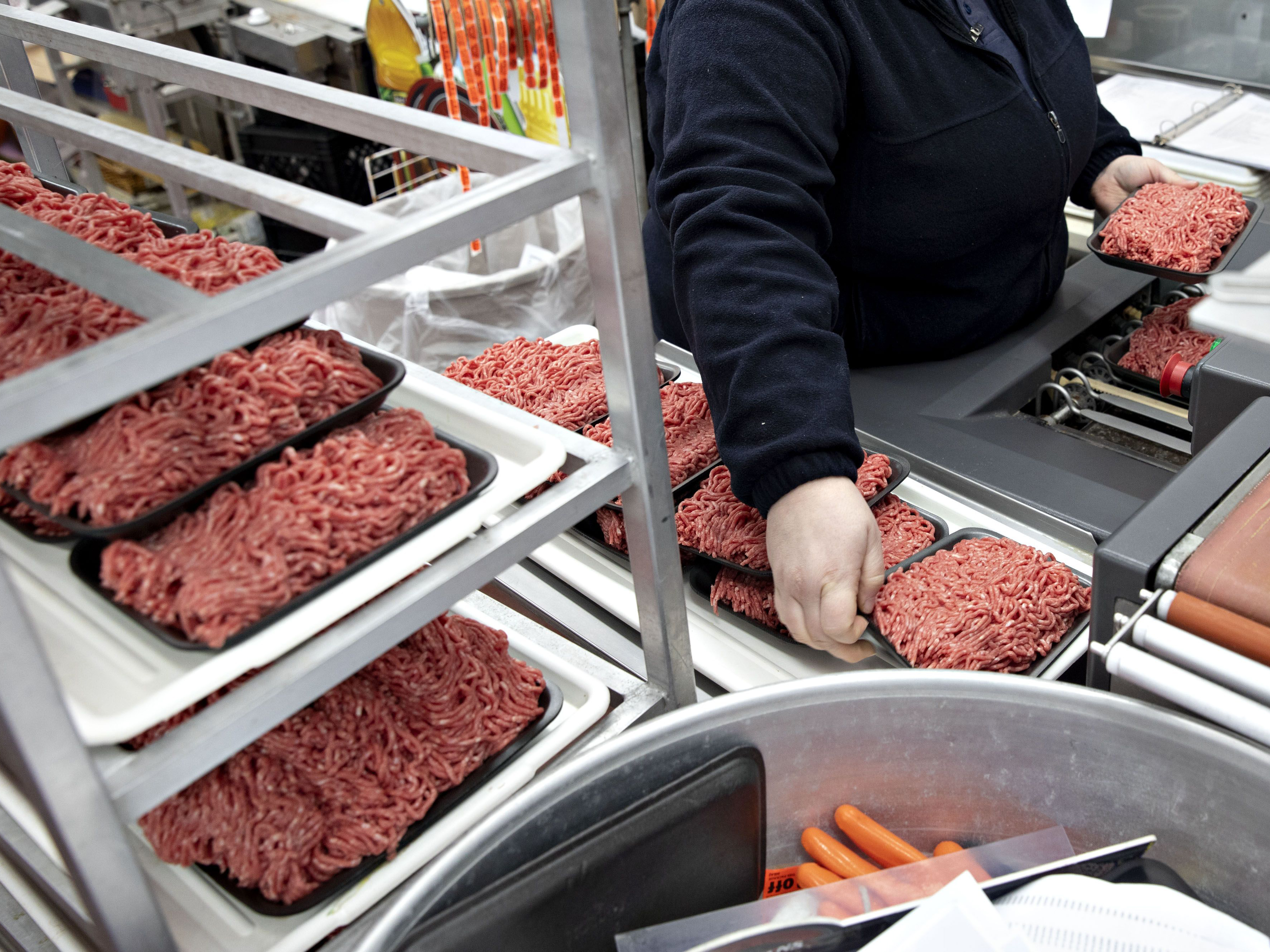
Visit Our Sponsors |
|
|
|
|
|
|
|
|
|
|
|
|
|
|
|
|
|
|
|
|
|
|
|
|
|
|
|
|
|
|
|
|
|
|
|
|
|
|
|
|
|
|
|
|
|
|
|

The world’s biggest meat supplier was the target of a cybersecurity attack Sunday in the latest threat to global food supply chains that have been rattled by the pandemic.
JBS SA shut its North American and Australian computer networks after an organized assault on servers, the company said by email Monday. Without commenting on operations at its plants, JBS said the incident may delay certain transactions with customers and suppliers.
The attack sidelined two shifts and halted processing at one of Canada’s largest meatpacking plants, while the Australian Financial Review earlier reported that cattle and sheep slaughtering had been suspended at JBS’s operations in Australia, citing country manager Brent Eastwood. There were no immediate reports of plant disruptions in the U.S.
Hackers have the commodities complex in their crosshairs with the JBS attack coming just three weeks after the operator of the biggest U.S. gasoline pipeline was targeted. It comes as the meat industry battles lingering COVID-19 absenteeism after recovering from mass outbreaks last year that saw plants shut and supplies disrupted.
JBS’s incident affected a Canadian beef plant in Brooks, Alberta, about 190 kilometers (118 miles) east of Calgary, on Monday, according to Scott Payne, spokesman for United Food and Commercial Workers Canada Union Local 401.
“There are no unionized workers there,” Payne said in a phone interview. “That means effectively the plant’s operations have shut for the day.”
JBS didn’t immediately respond to requests for comment on the Canadian closure.
A JBS packaging facility in Belleville, Ontario, where beef, pork and salmon are prepared for grocery stores, was operating normally, said Tim Deelstra, a spokesman for UFCW Canada Local 175. Dakar Lanzino, an external UFCW representative, said he had no information on whether the attack had disrupted plants in the U.S. Monday, a public holiday.
Sao Paulo-based JBS owns facilities in 20 countries. Australia and New Zealand account for 4% of the company’s revenue, while the U.S. represents 50% and Canada 3%, according to company fillings.
A ransom-ware attack forced Colonial Pipeline Co. to stop the flow of fuel for several days earlier this month, causing severe gasoline shortages in some areas.
RELATED CONTENT
RELATED VIDEOS
Timely, incisive articles delivered directly to your inbox.






